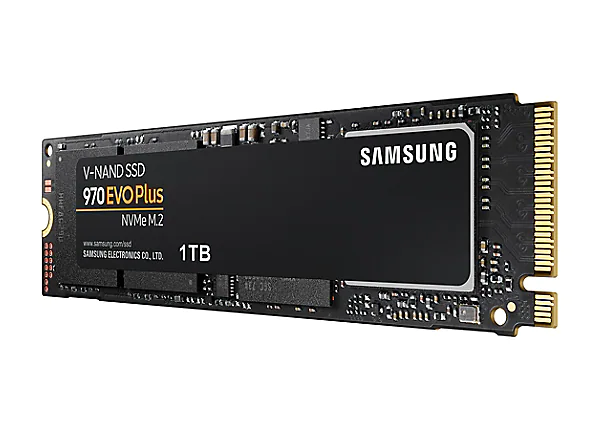You can use nvme-cli to check your NVMe disks. To install nvme-cli, run
On Ubuntu/Debian
sudo apt-get install -y nvme-cli
On RHEL
sudo yum install nvme-cli
To list of NVMe drives, use
nvme list
Example
[root@server52 ~]# nvme list Node SN Model Namespace Usage Format FW Rev ---------------- -------------------- ---------------------------------------- --------- -------------------------- ---------------- -------- /dev/nvme0n1 S439NA0N900171 SAMSUNG MZQLB1T9HAJR-00007 1 531.97 GB / 1.92 TB 512 B + 0 B EDA5402Q /dev/nvme1n1 S439NA0N900057 SAMSUNG MZQLB1T9HAJR-00007 1 532.00 GB / 1.92 TB 512 B + 0 B EDA5402Q [root@server52 ~]#
To find smart data, run
nvme smart-log DEVICE_NAME_HERE
Example
[root@server52 ~]# nvme smart-log /dev/nvme0n1 Smart Log for NVME device:nvme0n1 namespace-id:ffffffff critical_warning : 0 temperature : 39 C available_spare : 100% available_spare_threshold : 10% percentage_used : 0% data_units_read : 130,334,241 data_units_written : 69,361,921 host_read_commands : 866,547,209 host_write_commands : 710,448,251 controller_busy_time : 998 power_cycles : 88 power_on_hours : 5,464 unsafe_shutdowns : 83 media_errors : 0 num_err_log_entries : 0 Warning Temperature Time : 0 Critical Composite Temperature Time : 0 Temperature Sensor 1 : 39 C Temperature Sensor 2 : 43 C Temperature Sensor 3 : 47 C Thermal Management T1 Trans Count : 0 Thermal Management T2 Trans Count : 0 Thermal Management T1 Total Time : 0 Thermal Management T2 Total Time : 0 [root@server52 ~]#
To see the NVMe error log
nvme error-log DEVICE_NAME_HERE

